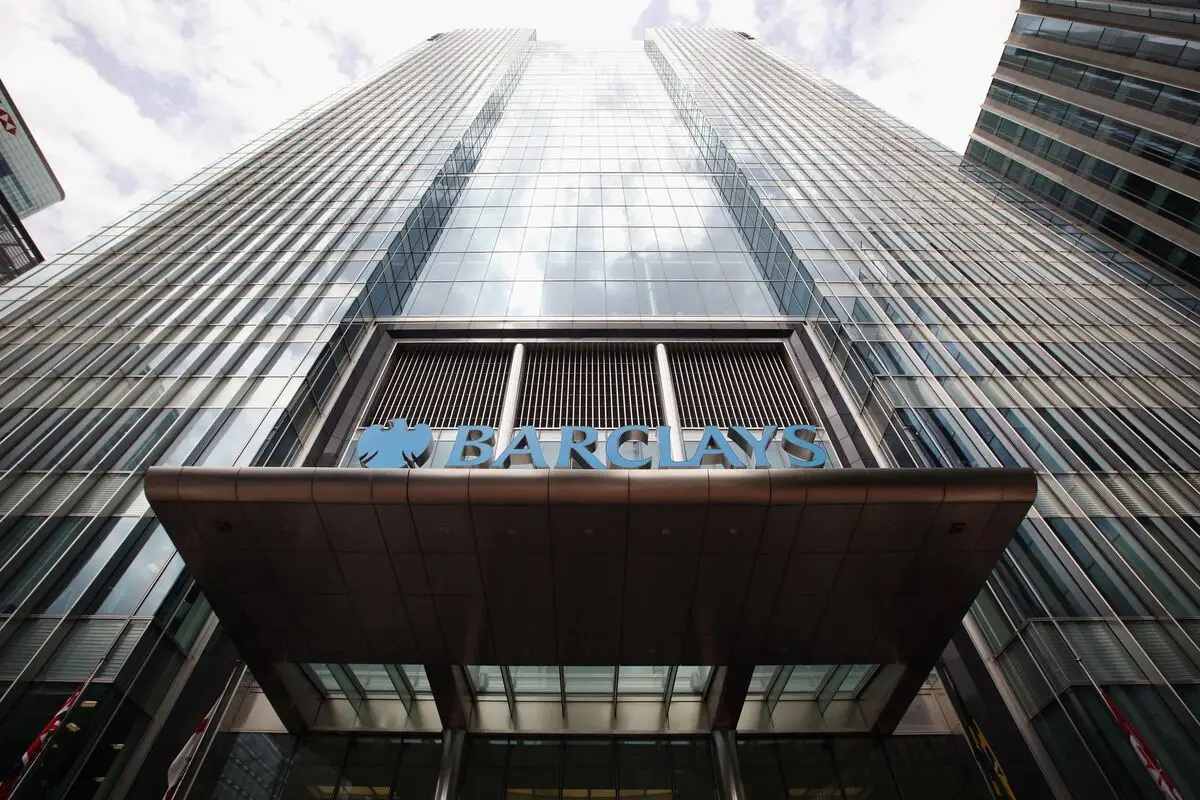Real Estate
Barclays Q1 Profit Dips 12%, Strategic Overhaul Amid Market Shifts
Barclays reports a 12% Q1 profit drop amid strategic overhaul and market challenges, highlighting competitive and operational pressures.
By Doug Elli
ᐧ

Key Takeaway
- Barclays Q1 profit drops 12% to £2.277 billion, impacted by UK mortgage competition and a decrease in trading income and M&A fees.
- Despite strategic revamp plans, investment bank income fell 7%, contrasting with Deutsche Bank's 10% profit increase.
- Barclays' Irish unit to sell Italian retail mortgage book, expected to result in a £225 million pretax loss but be capital neutral.
Barclays Faces Strategic Challenges Amid Market Shifts
Barclays, the British banking giant, has reported a 12% decline in its first-quarter profit, highlighting the challenges it faces amidst a changing financial landscape. The bank's pretax profit for the January-March period stood at 2.277 billion pounds ($2.84 billion), a decrease from 2.6 billion pounds a year earlier. This development is particularly significant as it aligns with the bank's efforts to navigate its first major strategic overhaul in ten years. The results reflect the pressures from UK mortgage pricing, a downturn in trading income, and a scarcity of merger and acquisition (M&A) fees, underscoring the hurdles Barclays must overcome to rejuvenate investor confidence and redefine its universal banking model.
Strategic Revamp in Focus
In a strategic pivot announced on February 20, Barclays outlined its plan to rejuvenate its operations, focusing on investing in its high-return domestic banking business while also committing to a 2 billion pound cost reduction and enhanced shareholder returns. This strategic shift comes at a critical juncture for Barclays as it seeks to address years of share price underperformance, management changes, and debates over the role of its investment banking arm. The bank's investment division reported a 7% drop in total income, with a notable decline in fixed income trading and M&A advisory fees, contrasting sharply with the performance of its rivals like Deutsche Bank, which saw a 10% profit increase thanks to a resurgence in fixed-income trading and deal-making.
Comparative Market Dynamics
The contrasting fortunes between Barclays and its competitors underscore the broader market dynamics at play. While Barclays grapples with its strategic realignment, competitors are capitalizing on market opportunities, particularly in fixed-income trading and investment banking services. This divergence highlights the competitive pressures within the banking sector and the imperative for Barclays to successfully execute its strategic revamp to regain market share and investor confidence. Additionally, Barclays' decision to sell its Italian retail mortgage portfolio as part of its strategy to simplify operations and maintain capital levels further illustrates the bank's efforts to streamline its business in response to the evolving financial landscape.
Navigating Through Turbulence
Barclays' current predicament and strategic responses offer a microcosm of the challenges facing global banking institutions. The bank's efforts to recalibrate its business model and operational focus reflect a broader industry trend of adaptation in the face of regulatory, market, and technological shifts. As Barclays embarks on this strategic journey, its success will hinge on its ability to balance cost efficiencies with growth investments, navigate market volatilities, and reposition its investment banking and domestic banking services to capture emerging opportunities.
Finance GPT
beta







